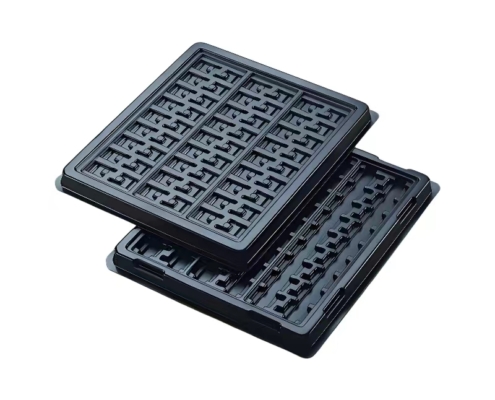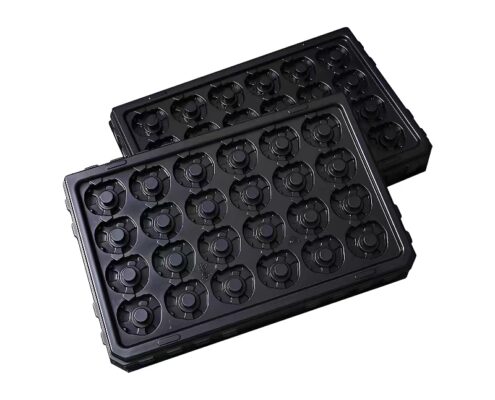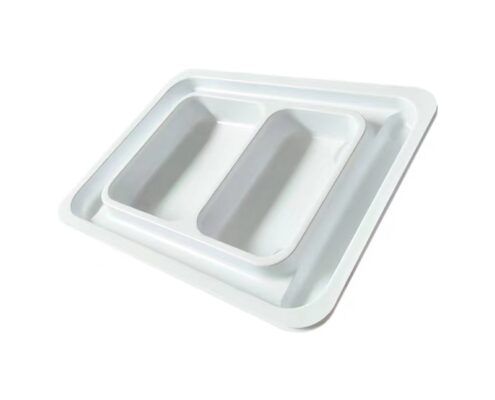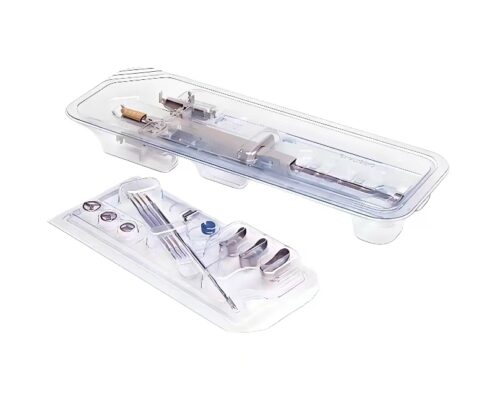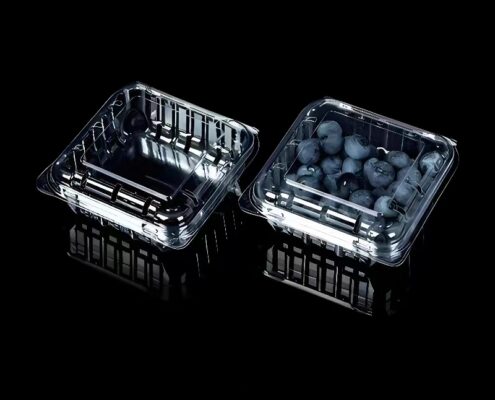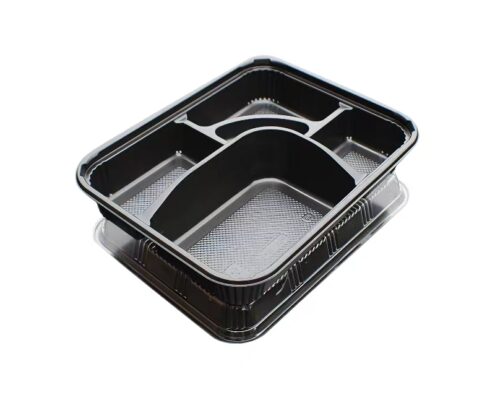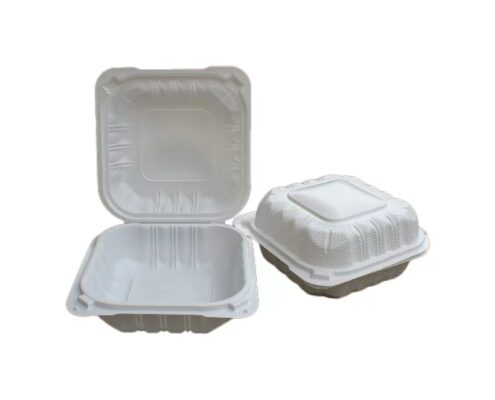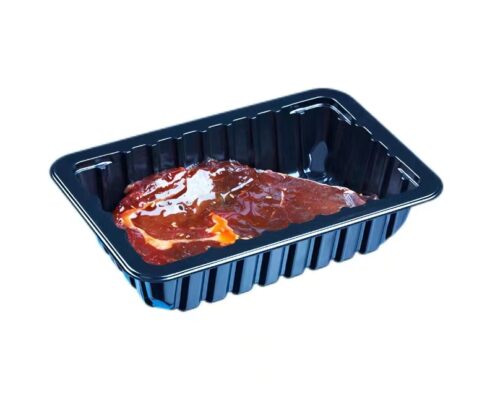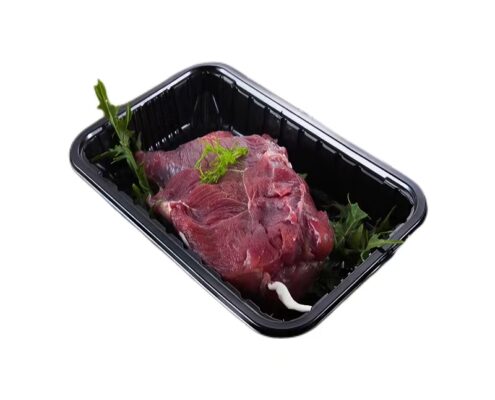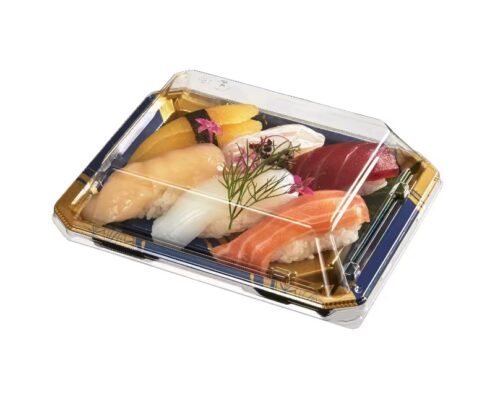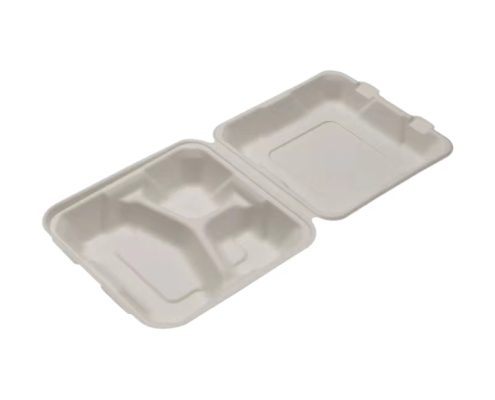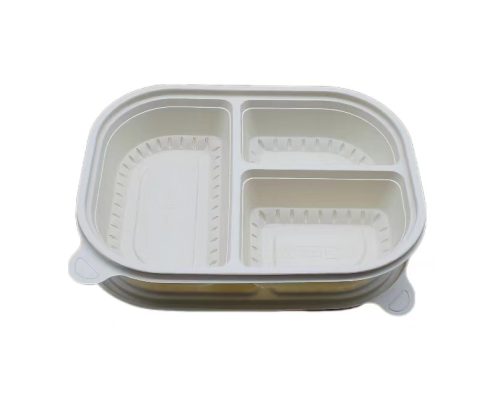Vacuum Forming Thin Gauge Plastic
SME Plastic is your trusted supplier for high-quality thin gauge vacuum forming solutions. We specialize in manufacturing custom plastic parts for diverse industries using advanced techniques and a variety of materials. Contact us today to discuss your project needs!
Why choose vacuum formed thin gauge plastic products?
There are many reasons why choosing vacuum formed thin gauge plastic products could be the right solution for your needs! Here are a few key benefits:
Cost-effectiveness: Vacuum forming is a very efficient manufacturing process, especially for larger production runs. This can translate to significant cost savings compared to other methods like injection molding.
Design flexibility: This technique allows for creating complex shapes and intricate details, giving you more freedom in your product design.
Lightweight yet durable: Thin gauge plastic provides a great balance between weight and strength, making it ideal for applications where both are important.
Fast turnaround times: Vacuum forming generally has shorter lead times compared to other methods, allowing you to get your products to market quicker.
Versatility of materials: You can choose from a wide range of plastics with various properties like clarity, flexibility, and impact resistance to match your specific requirements.
Prototyping options: Vacuum forming is perfect for creating prototypes quickly and affordably, allowing you to test and refine your design before mass production.
FAQs
What is vacuum forming thin gauge plastic?
Vacuum forming thin gauge plastic is a manufacturing process where a thin sheet of plastic is heated and then stretched over a mold using vacuum suction. This allows the plastic to take the shape of the mold, creating a 3D object. It’s like shrink-wrapping, but instead of heat shrinking a material onto something, you’re using suction to pull it into a specific shape.
What kind of plastic materials do you use for thin gauge vacuum forming?
We offer a variety of plastic materials, each with its own unique features. Some popular choices include PET, HIPS, ABS, and polycarbonate. We can help you choose the best material based on your project needs, like how strong or flexible it needs to be.
What is the typical thickness range for thin gauge plastic vacuum forming?
The typical thickness range for thin gauge plastic vacuum forming is between 0.2mm and 3mm. This range offers a good balance between:
Lightweight properties: Thin gauge plastic keeps the weight of the finished part down, which is important for applications like packaging or transportation.
Durability: Despite being thin, the plastic remains strong enough to withstand regular use and handling.
Formability: This thickness range allows the plastic to be easily formed into various shapes without tearing or becoming too rigid.
The specific thickness you need will depend on the size and complexity of your part, as well as its intended use and required strength. We can help you determine the ideal thickness for your project.
Can you produce clear plastic components through thin gauge plastic vacuum forming?
Absolutely! We can definitely produce clear plastic components using thin gauge vacuum forming. In fact, it’s a popular choice for creating transparent parts like:
Packaging blisters and clamshells: These allow customers to see the product inside while keeping it protected.
Point-of-purchase displays: Clear displays can showcase products effectively and attractively.
Lighting fixtures and lenses: Thin, clear plastic is ideal for creating lightweight and durable light covers or lenses.
Medical device components: Clear plastic allows for easy visualization in medical applications.
We offer a variety of clear plastic materials suitable for vacuum forming, including PETG, polycarbonate, and acrylic. Each material has its own unique properties, and we can help you choose the best one for your specific needs.
Is vacuum formed thin gauge plastic recyclable?
The recyclability of vacuum formed thin gauge plastic depends primarily on the type of plastic material used. Here’s a breakdown of some common options:
Recyclable plastics:
PET (Polyethylene Terephthalate): Widely recycled and often used in bottles and food packaging.
HDPE (High-Density Polyethylene): Commonly recycled and found in milk jugs, detergent bottles, and some plastic bags.
PP (Polypropylene): Increasingly accepted in recycling programs and used for items like yogurt containers and bottle caps.
Less commonly recycled plastics:
PS (Polystyrene): Recycling options are more limited, but some facilities accept it.
PVC (Polyvinyl Chloride): Recycling is less common due to its chemical composition.
We can help you choose a recyclable plastic material for your project and provide information on proper disposal or recycling options. We are also committed to using sustainable practices in our manufacturing processes.

